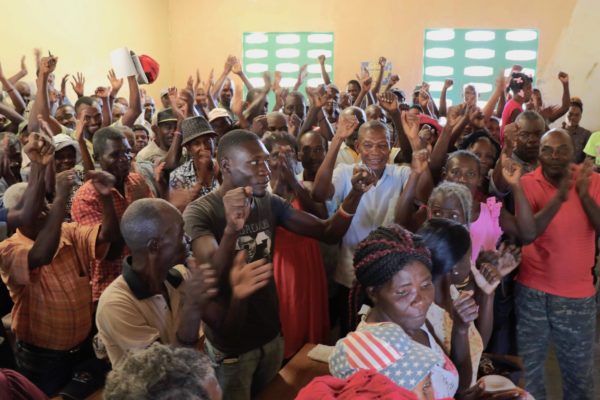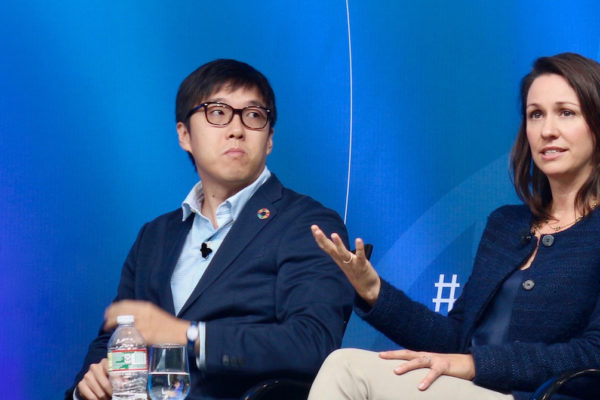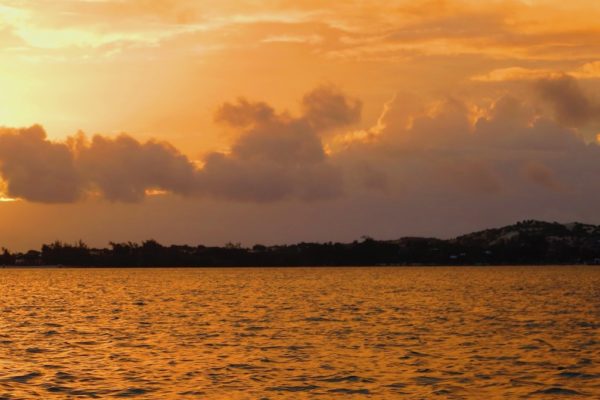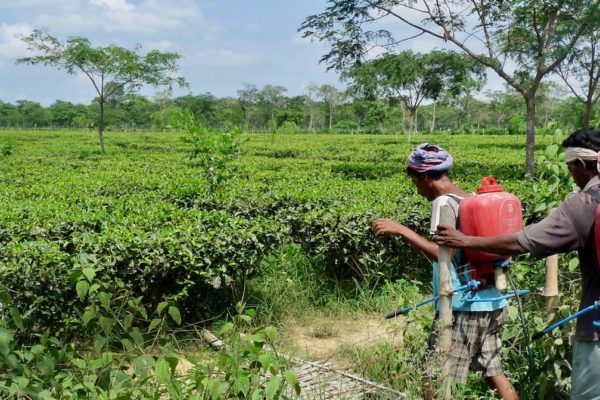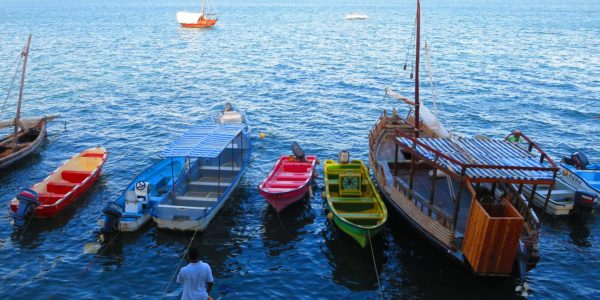Accountability Counsel amplifies the voices of communities around the world to protect their human rights and environment. As advocates for people harmed by internationally financed projects, we employ community driven and policy level strategies to access justice.
Impact
-
Communities Supported142
Our impact includes redesigned projects that now reflect community needs, harm stopped and prevented to defend water resources, and agreements resulting in compensation.
-
Institutions Influenced162
We advocate for investors to create accountability offices that are independent, transparent, fair, and effective. We have improved policy and practice at development institutions, commercial banks, UN agencies, and within the OECD.
-
Complaints Tracked2,000+
We created and maintain the Accountability Console, a comprehensive database of community complaints filed with independent accountability mechanisms about the impacts of internationally financed projects.
News
-
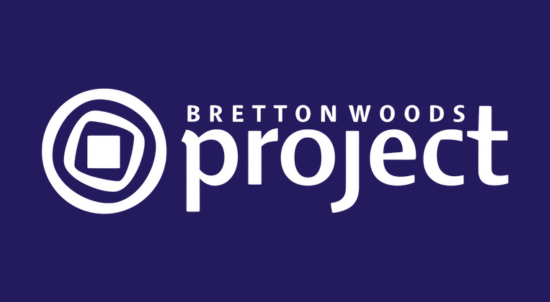 11 December, 2025
11 December, 2025World Bank establishes task force to evaluate merger of its independent accountability mechanisms
Task force, charged with evaluating potential the merger of the Compliance Advisor Ombudsman and the Accountability Mechanism, is expected to hold public consultations and establish a ‘reference group’ early in 2026. -
 4 December, 2025
4 December, 2025A Global Report reveals that Development Banks’ Accountability Systems are failing communities.
The study, conducted by Accountability Counsel, shows that while IAMs exist, their relevance has fallen short, underscoring the urgent need for reform to restore community trust and hope. -
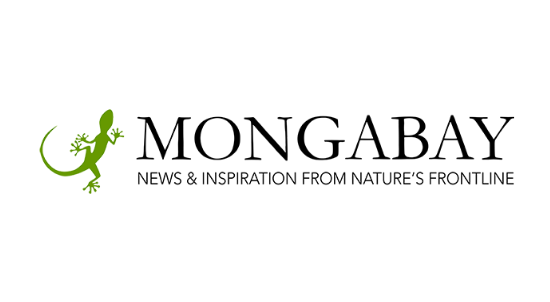 4 December, 2025
4 December, 2025Tolak Proyek Karbon, Masyarakat Long Isun Surati Bank Dunia
Bagi masyarakat adat Long Isun di Kecamatan Long Pahangai, Kabupaten Mahakam Ulu, proyek tersebut justru akan merugikan mereka. -
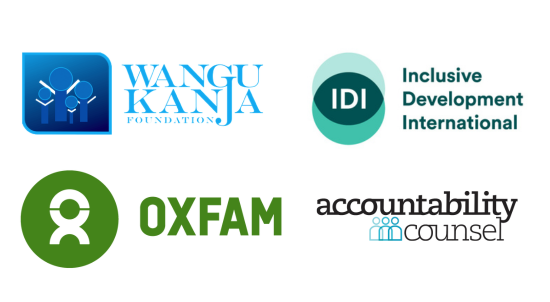 25 November, 2025
25 November, 2025Civil Society Representatives’ Statement on IFC’s Proposed Program Design in the Bridge- 04 Case
The International Finance Corporation published its third management progress report, developed to remediate children who survived child sexual abuse as students at Bridge International Academies at the time when IFC had invested in Bridge schools. -
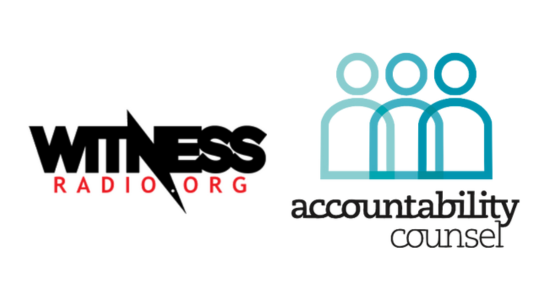 25 November, 2025
25 November, 2025Response by Advisers of Project Affected Peoples to the DRS Follow-Up Report on the Uganda KIIDP-2 Case
We welcome the publication of the follow-up report as it provides important reflections on dispute resolution practice. However, the report fails to reflect critical issues experienced by community members negatively impacted by the KIIDP-2 project.

